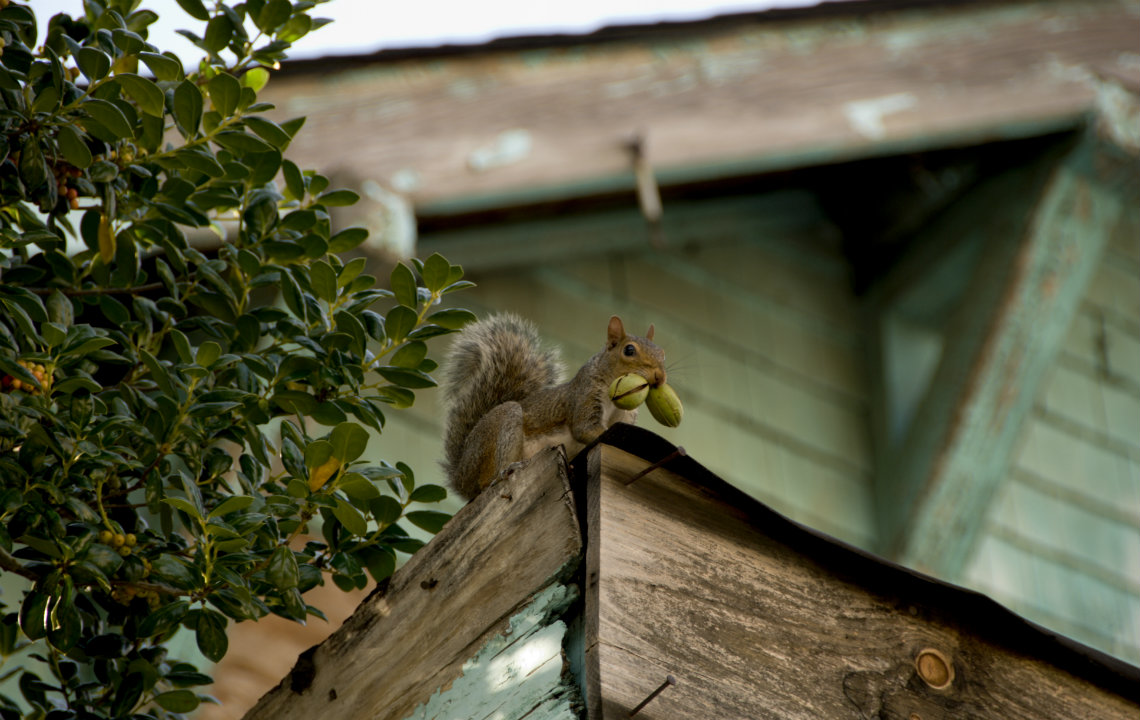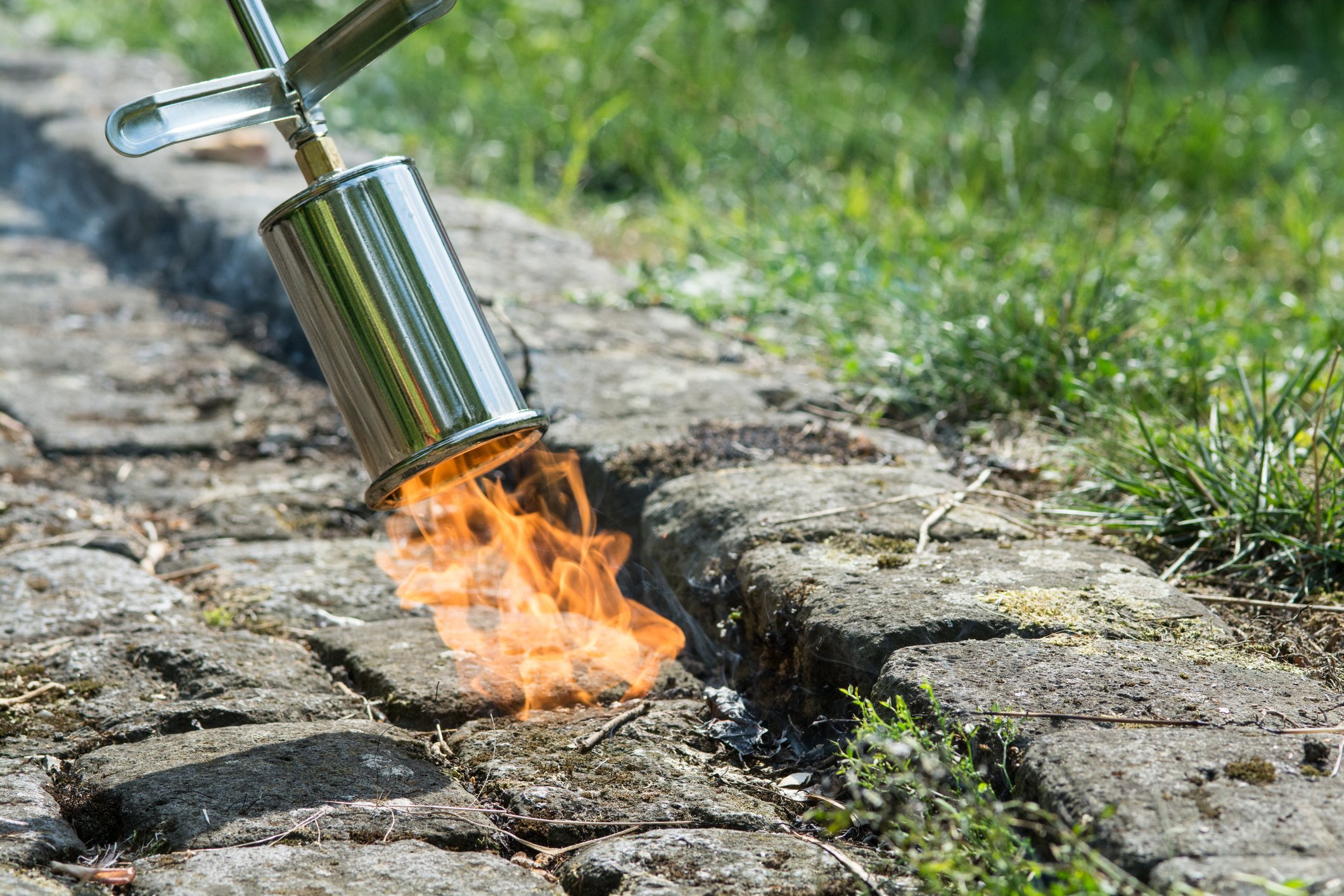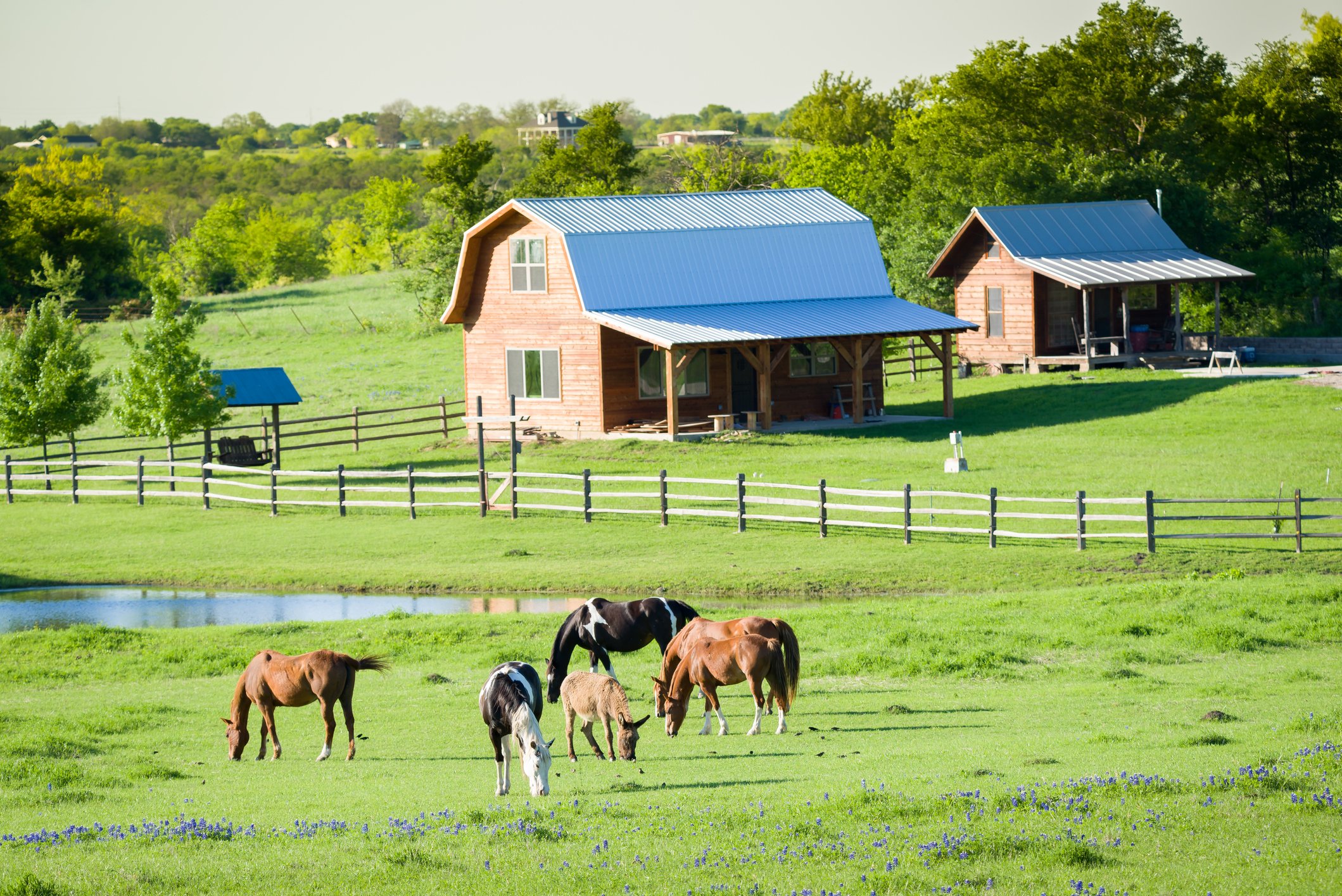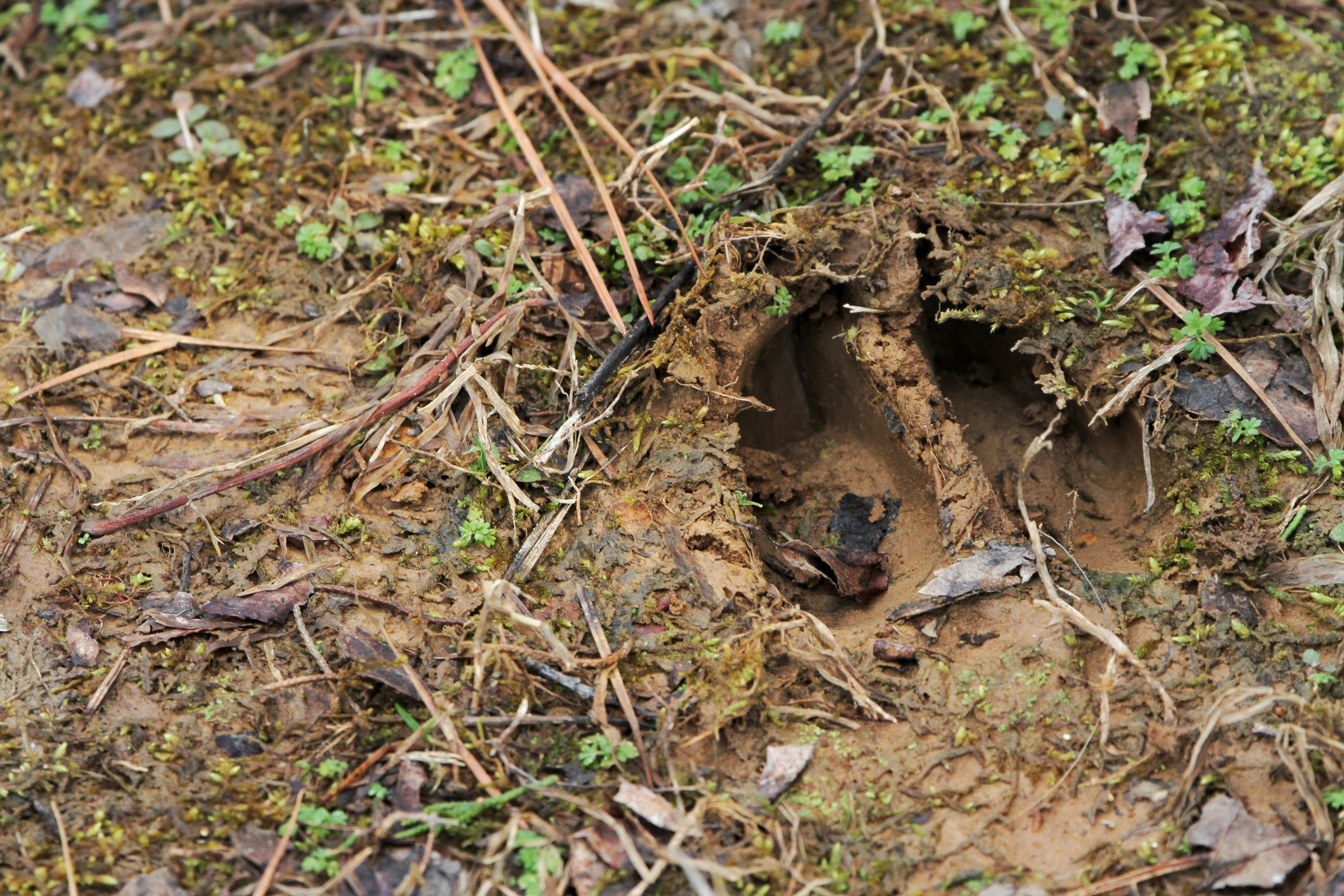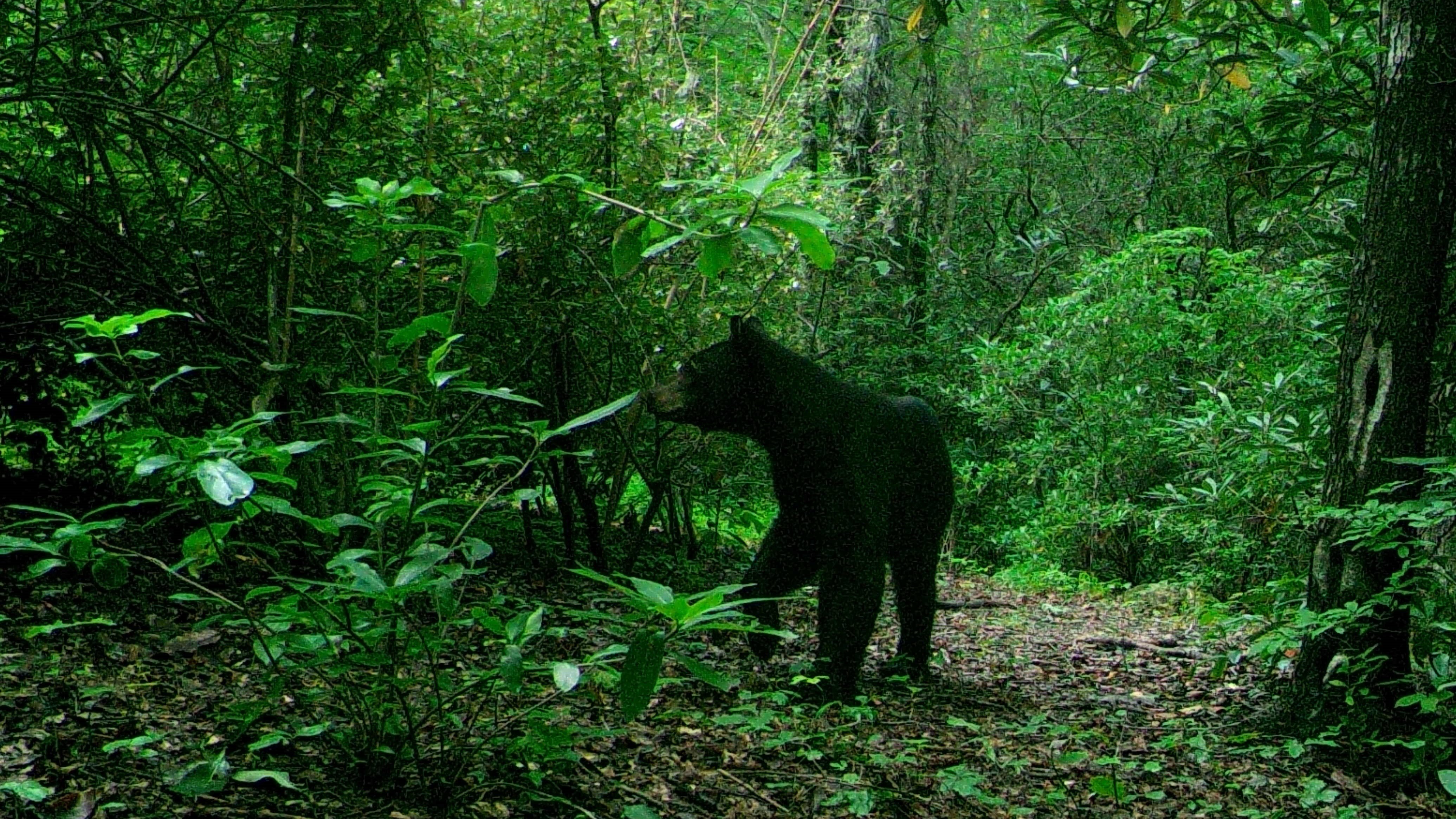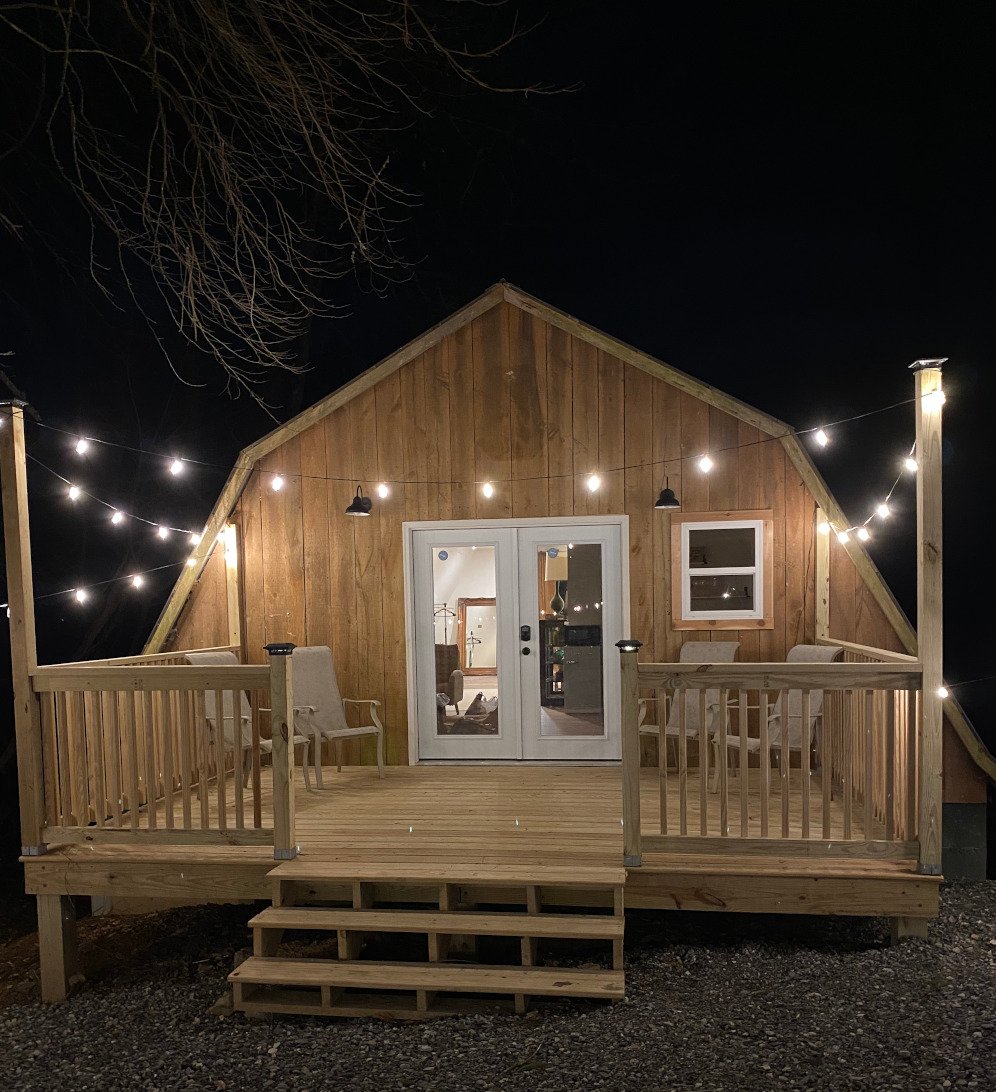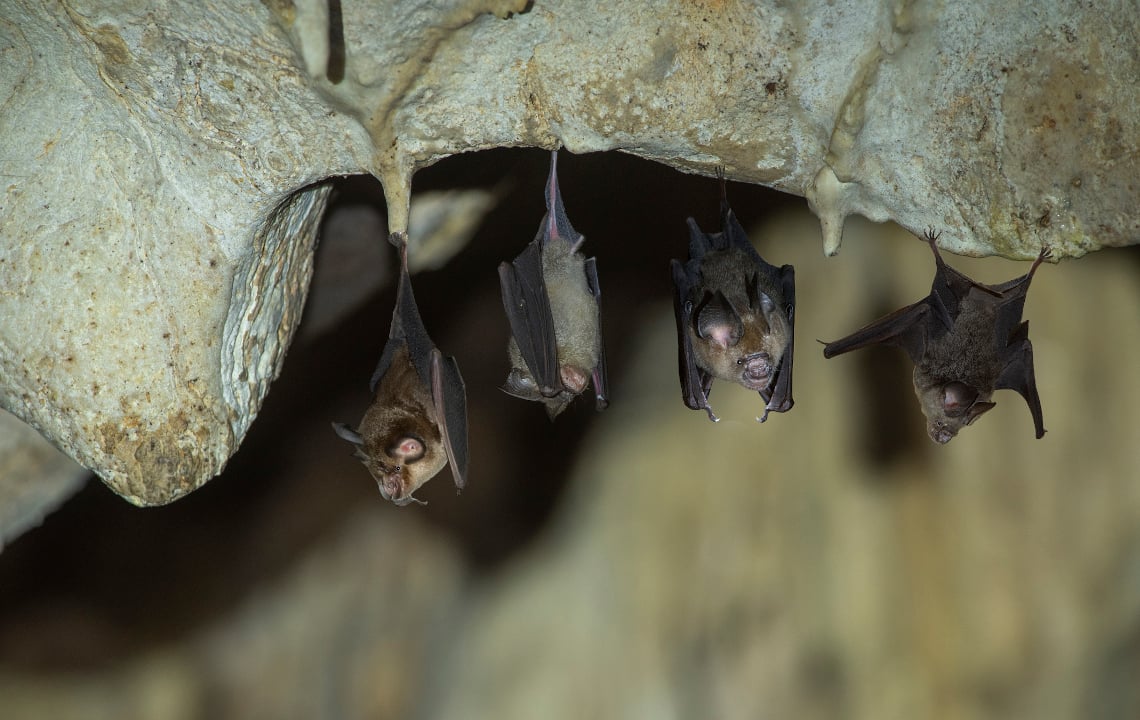One of the realities of rural living is dealing with wildlife and insects. Some are welcome, others not so much.
The fact is, wild animals and bugs play an important role in maintaining the ecosystem. Bees might sting, but they are needed for pollination. Bats make the hair on the back of your neck stand up, but they keep the mosquito population under control. It’s tempting to kill pesky critters and insects, but the goal is simply to find a way to keep them away, as they often serve a greater purpose. Here are some of the top nuisances, and ways to win the ultimate battle against them.
1. Mosquitoes
These blood suckers love water: puddles, pools, lakes, rivers, flowerpot saucers, dog water bowls, full gutters. Any standing water is a potential breeding area for mosquitoes. First, go to the root of the problem and always eliminate any standing water. Also burn candles containing citronella and prep your area with plants that deter mosquitoes. These include citrosa, rosemary and lemon thyme plants, which contain oils that are unattractive to the bugs. Lastly, arm yourself so they simply aren’t attracted to you. Bug sprays (such as OFF and DEET) work, but can be harmful, especially to children, because of the chemicals. Beauty brand Avon makes an oil called Skin So Soft that repels the pests, as does Johnson’s (creamy baby oil). Lastly, although sunrise and sunset are a glorious time for picture taking, these are times to avoid, as mosquitoes swarm at these times. If you are out, wear long sleeves and pants and try to stay covered.
2. Ticks
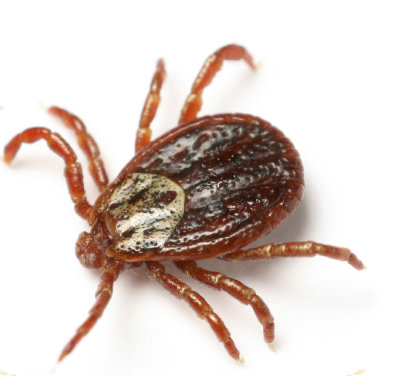 While mosquitoes flock to water, ticks head to bushy, overgrown grass and leaf piles. Again, DEET works to prevent getting bitten, but those chemicals can be as harmful as a bite. If you're walking in overgrown areas, wear long pants and boots and apply Permethrin to clothing (although it should never directly touch your skin). According to the Centers for Disease Control and Prevention (CDC), “Lyme disease is caused by the bacterium Borrelia burgdorferi and is transmitted to humans through the bite of infected blacklegged ticks. If left untreated, infection can spread to joints, the heart, and the nervous system. Lyme disease is diagnosed based on symptoms, physical findings (e.g., rash), and the possibility of exposure to infected ticks.” Clearly, prevention is key.
While mosquitoes flock to water, ticks head to bushy, overgrown grass and leaf piles. Again, DEET works to prevent getting bitten, but those chemicals can be as harmful as a bite. If you're walking in overgrown areas, wear long pants and boots and apply Permethrin to clothing (although it should never directly touch your skin). According to the Centers for Disease Control and Prevention (CDC), “Lyme disease is caused by the bacterium Borrelia burgdorferi and is transmitted to humans through the bite of infected blacklegged ticks. If left untreated, infection can spread to joints, the heart, and the nervous system. Lyme disease is diagnosed based on symptoms, physical findings (e.g., rash), and the possibility of exposure to infected ticks.” Clearly, prevention is key.
3. Deer, squirrels and chipmunks
Bambi is adorable. So are Alvin, Simon and Theodore. Until one of these furry friends saunter up to your land at dusk and eat your entire bed of tulips and daisies. You can try fencing off your garden and flowerbeds, but honestly, these guys are persistent and usually find a way around any enclosure. Some farmers swear by spreading cat litter around the beloved area, others say Cayenne pepper (lots of it and down into holes). Blood meal has double benefits: it deters deer and other critters, while helping the growth of trees and plants. Hardware and feed stores sell some remedies, including “Critter Ridder” and “Deer Out” (remember to reapply often, especially after rain). These work, but oftentimes deer and other animals become immune to them so don’t expect them to work more than a year. If nothing else works, get an outside dog -- one that barks a lot.
4. Snakes
Most people don’t welcome snakes in or near their home. Even plastic ones. When living in the country, it’s important to be knowledgeable of the different snakes in your area because, like it or not, they are near. While 90% of the snakes around you are non-venomous, it’s the other 10% that you need to worry about. According to www.snake-removal.com, Garter snakes, often called Garden snakes, are the most common. “Garter snakes are harmless to people, though they will bite if cornered and antagonized.”
It’s the rattlesnakes and water moccasins, among others, that you need to keep away. Some steps:
-
Remove clutter from your yard. This includes piles of wood, compost and leaves, where snakes love to nest.
-
Keep tall plants trimmed. Snakes love hiding in tall grasses so maintain shrubs and plants near your home.
-
Rats and other rodents mean dinner to snakes. So, get rid of those nasty rodents and the snakes will look elsewhere for food.
-
Not all, but some snakes are attracted to water. This includes the deadly and aggressive water moccasin. Keep water sources near your home dry.
-
If you see a hole in the ground, first of all, don’t stick you hand in it. That should be a given. That said, fill the hole up, as that could be a snake home. This includes holes in your foundation or under your home as well.
-
Visit your garden store and inquire about chemical repellents. There are some that are effective, but make sure and ask about children and pets being near.
5. Bears
Lions and tigers and bears, oh my. "Oh my" is right! It would be really exciting to spy one of these fuzzy beasts from afar, but not on your back porch. Avoiding these unwelcome visitors isn’t too difficult. First, bears are curious. One thing they are always looking for: food. Keep food, even trash you consider disgusting, inside. Bears have a killer sense of smell and can sense food odors, including dog food, garbage and even bird food. Items that you might not think of include sunscreen, fruit trees (pick fruit the minute it’s ripe), and not-in-use grills (always thoroughly clean). Double bag all trash and seal it in a tight-lidded container. Bears do not like being startled. Install sprinklers, noise makers (the sound of dogs barking or loud horns will often scare them away), and lights that are set off with motion. Other facts to keep in mind: Bears don’t care for pine-scented fragrances, so apply them liberally. Also, if bears are particularly aggressive in your area, bars over your windows might be worth considering, as bears can easily push through glass in search of food.


